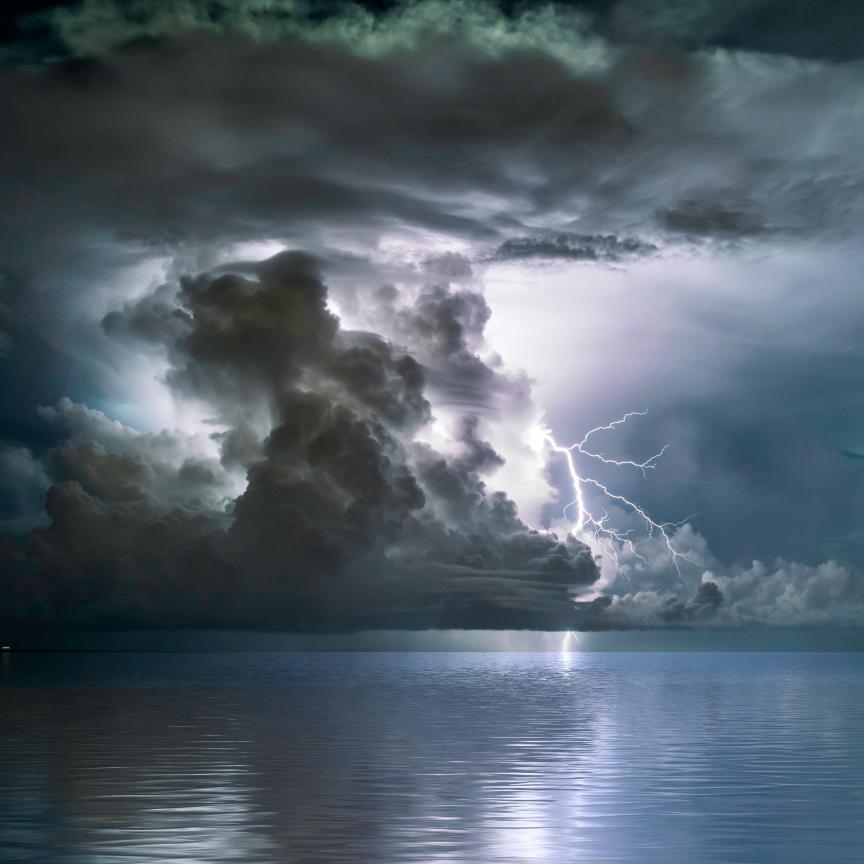The US Department of Energy (DOE) has awarded $47 million to US scientists conducting experimental research in fusion energy science at tokamak and spherical tokamak facilities in the US and around the globe.
The awards support research that aims to close gaps in the science and technology basis for the tokamak approach to fusion energy. These awards will help support the Biden Administration’s decadal vision to accelerate fusion as a clean energy technology.
Harriet Kung, Acting Associate Director of Science for Fusion Energy Sciences comments: “We must continue to provide innovative solutions to the most urgent challenges facing fusion energy and advance the state of the art across fusion and plasma sciences. These activities will make optimal use of existing tokamak facilities and provide productive engagements with leading fusion institutes, moving us closer to fusion energy as a clean and abundant energy source.”
Fusion energy research seeks to harness the energy that powers the sun and stars as an abundant and clean source of power on Earth. Creating conditions for fusion requires generating and sustaining a plasma, a gas that is so hot that electrons are freed from atomic nuclei. A tokamak confines a plasma using magnetic fields in the shape of a torus, or doughnut with a large hole in the middle. A spherical tokamak minimises the size of the hole resulting in a more spherical shape, similar to a cored apple.
The projects were selected by competitive peer review under the DOE Funding Opportunity Announcements “Collaborative Research on International and Domestic Spherical Tokamaks” and “Collaborative Research in Magnetic Fusion Energy Sciences on International Tokamaks.”
Total funding is $47 million for projects lasting up to three years in duration, with $21 million in Fiscal Year 2022 dollars and outyear funding contingent on congressional appropriations. The list of projects and more information can be found here.


